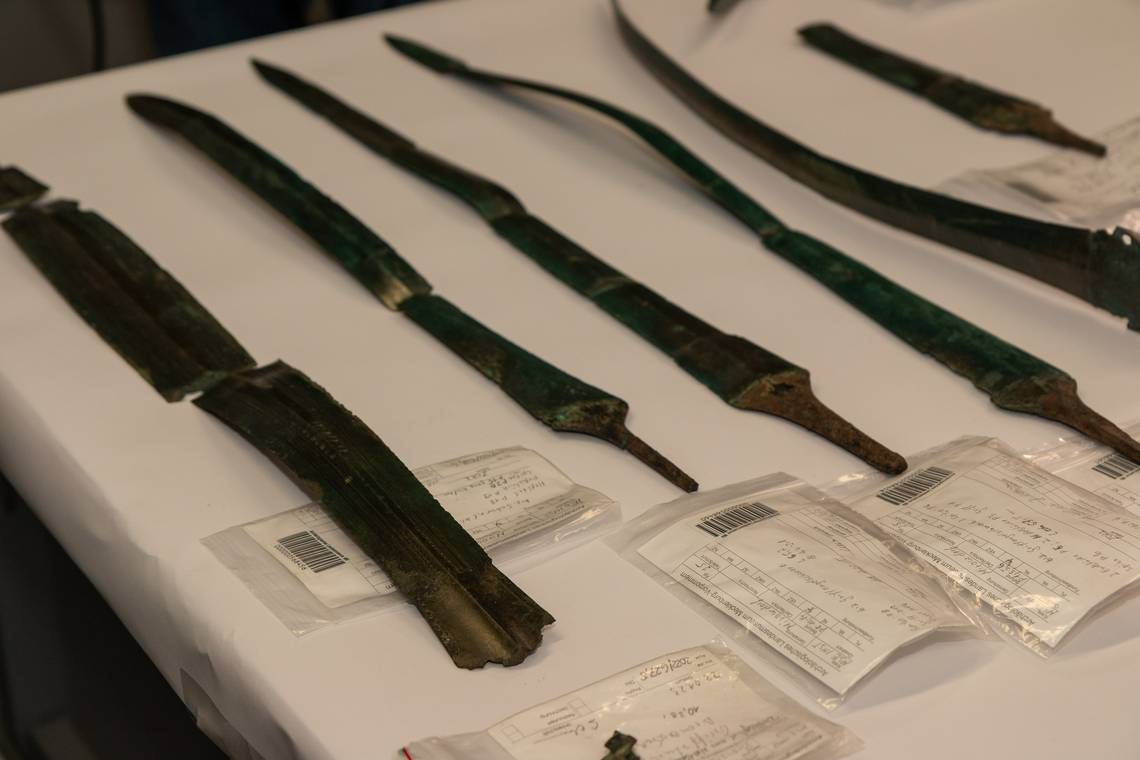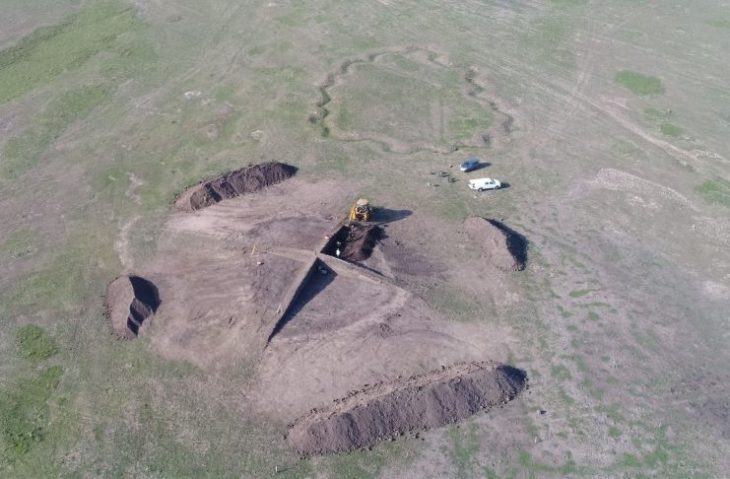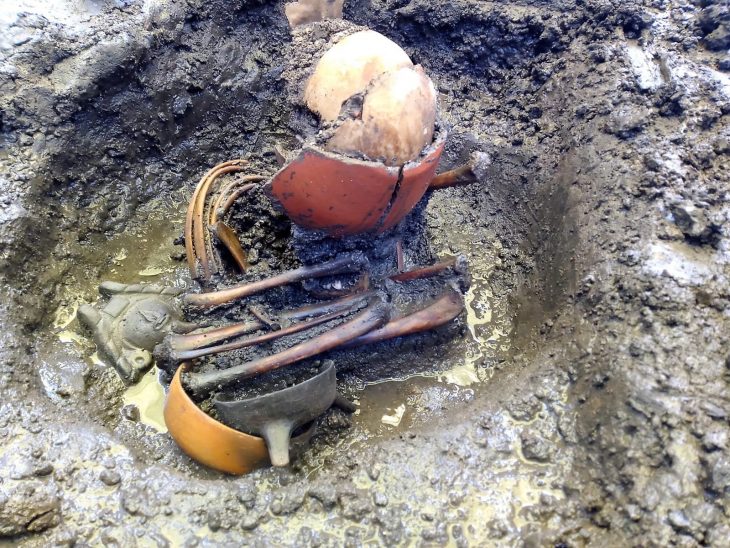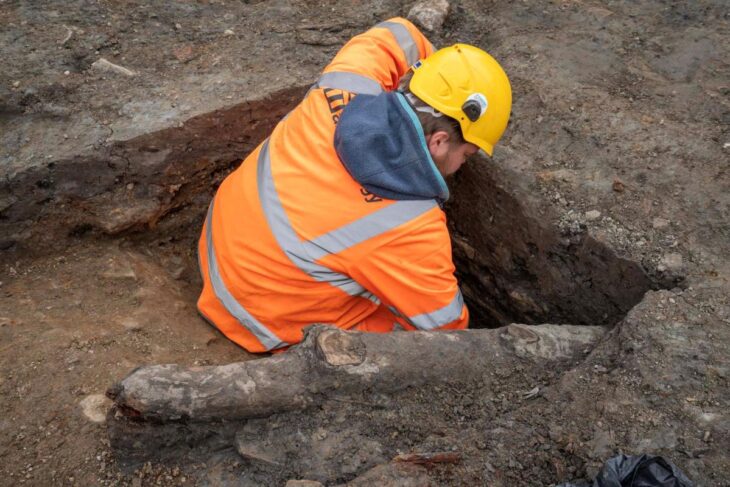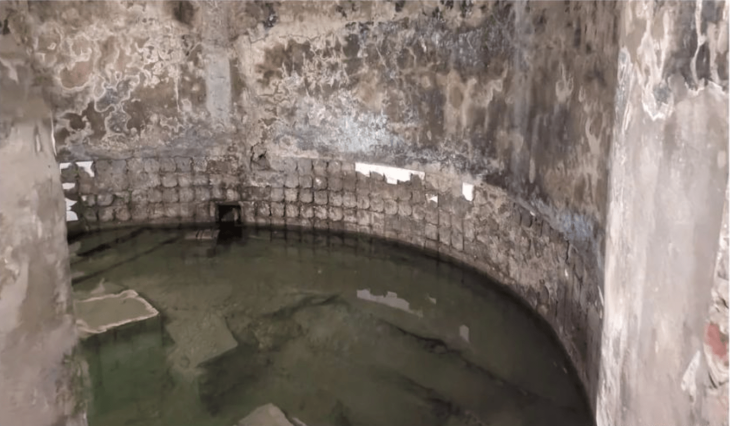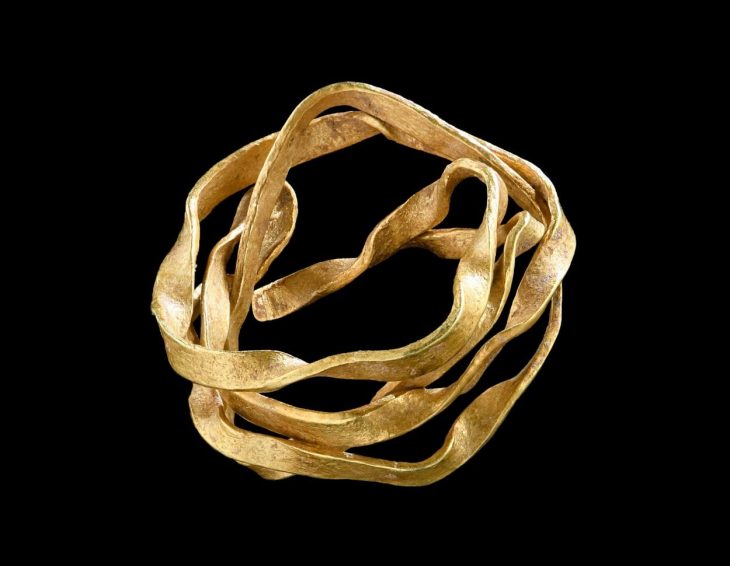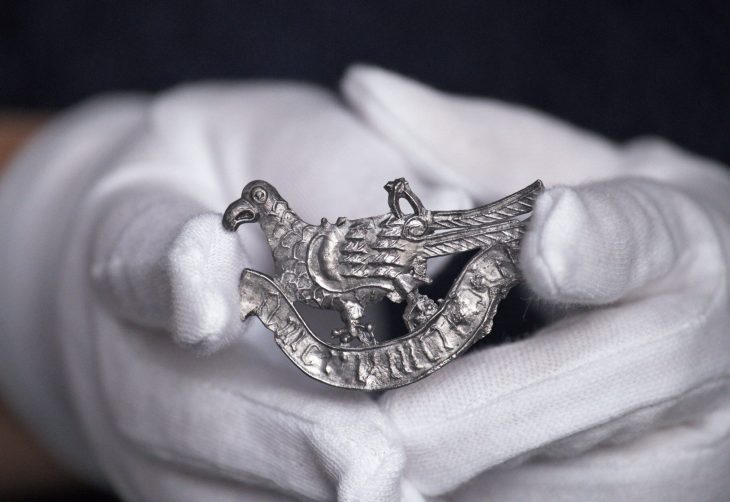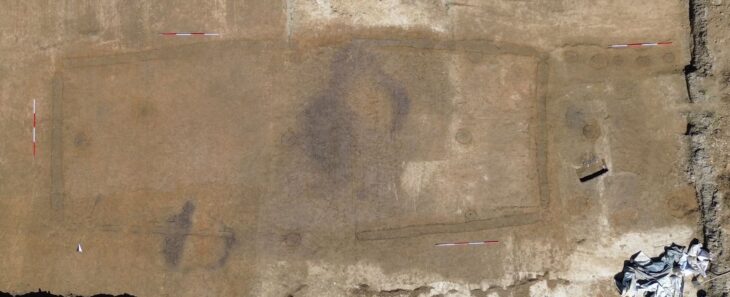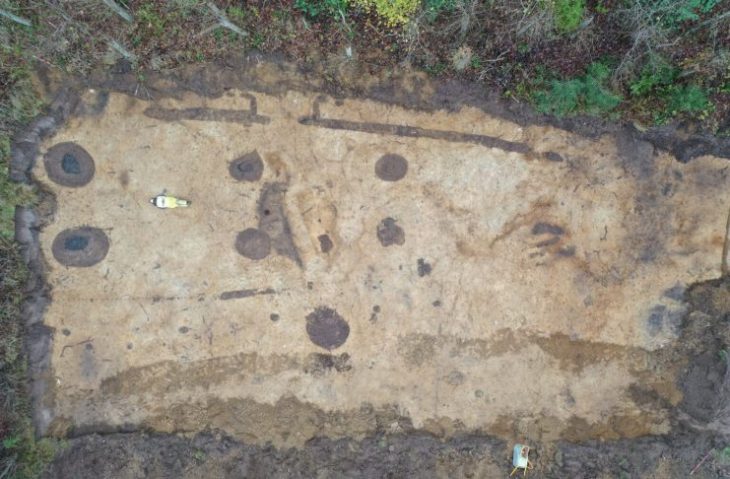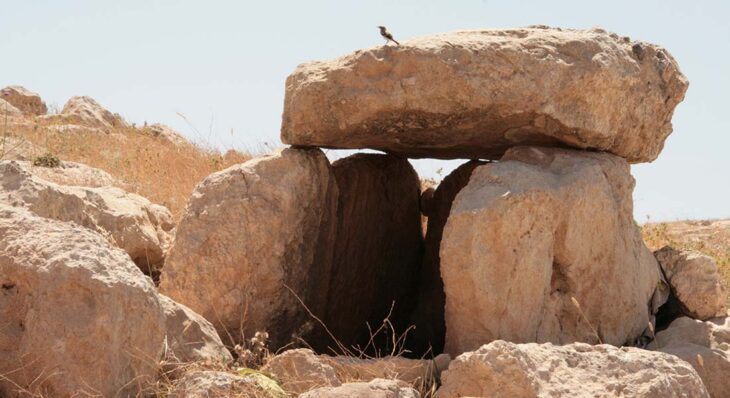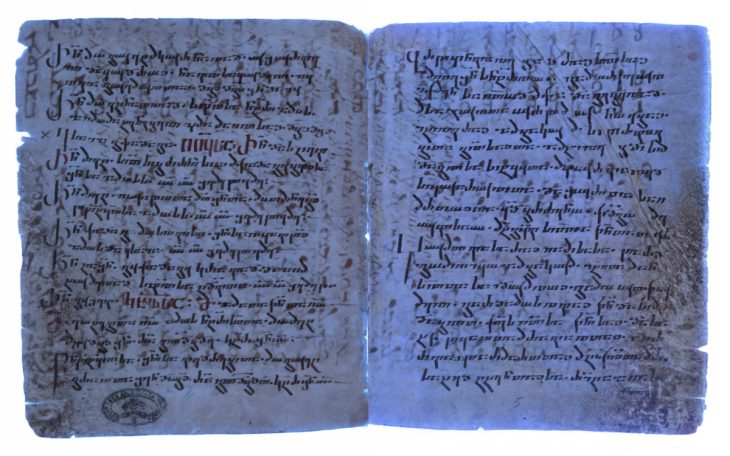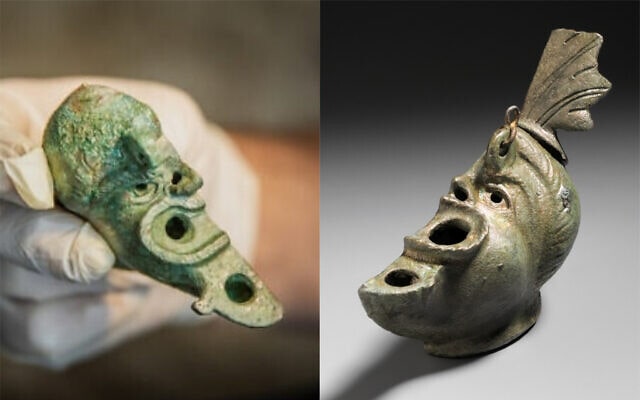Volunteer archaeologists found bronze age seven swords and from the 11th century 6000 silver coins in the northeastern German state of Mecklenburg-Vorpommern.
Volunteer archaeological conservationists were searching an area in Mecklenburg-Western Pomerania when they found the metal fragments, the Mecklenburg-Vorpommern Ministry of Science, Culture, Federal and European Affairs said in a Nov. 22 news release.
The seven swords were found in fragments near Mirow (Mecklenburg Lake District). Scientific dating has shown that the swords date back to the Bronze Age. Their age is estimated at around 3,000 years.
Archaeologists reassembled the fragments into seven swords, the release said. A photo shared on Facebook by the ministry shows the ancient weapons.
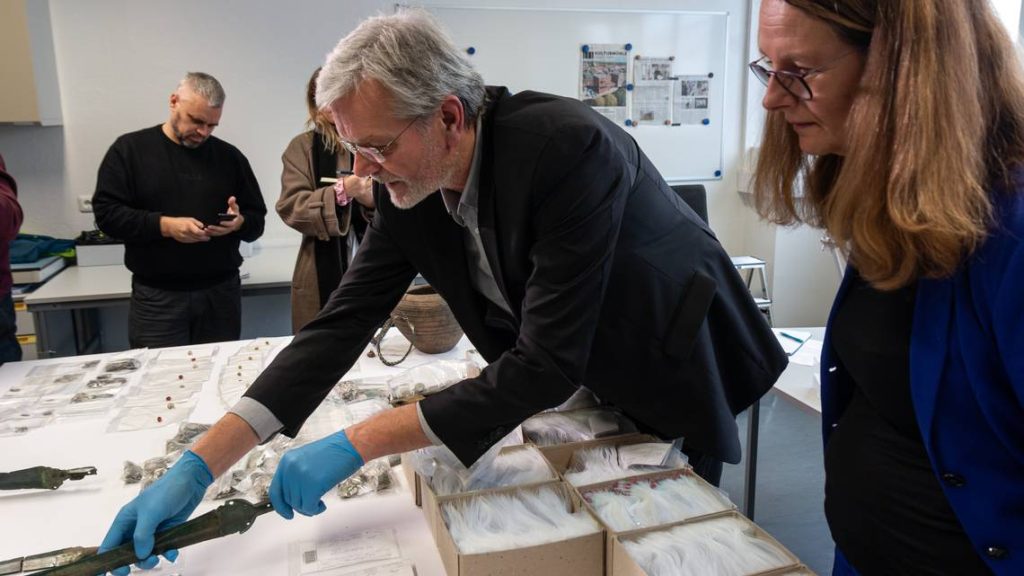
The swords were likely left in the lowland area as a ritual or sacrificial offering, officials said. Although such deposits of valuable items are not unusual, so many Bronze Age swords have never been discovered in one place in Mecklenburg-Western Pomerania.
📣 Our WhatsApp channel is now LIVE! Stay up-to-date with the latest news and updates, just click here to follow us on WhatsApp and never miss a thing!!
The seven swords were found in fragments near Mirow (Mecklenburg Lake District). It can be assumed that they came to the surface some time ago when a trench was being dredged and was spread over a larger area with the dredged material. The finders meticulously tracked down the individual fragments, making it possible to put the swords back together almost completely. The recovery was carried out together with an excavation technician from the state archaeology department.
According to the release, volunteers also discovered two other sets of finds, both from the 11th century, in different areas of Mecklenburg-Vorpommern.
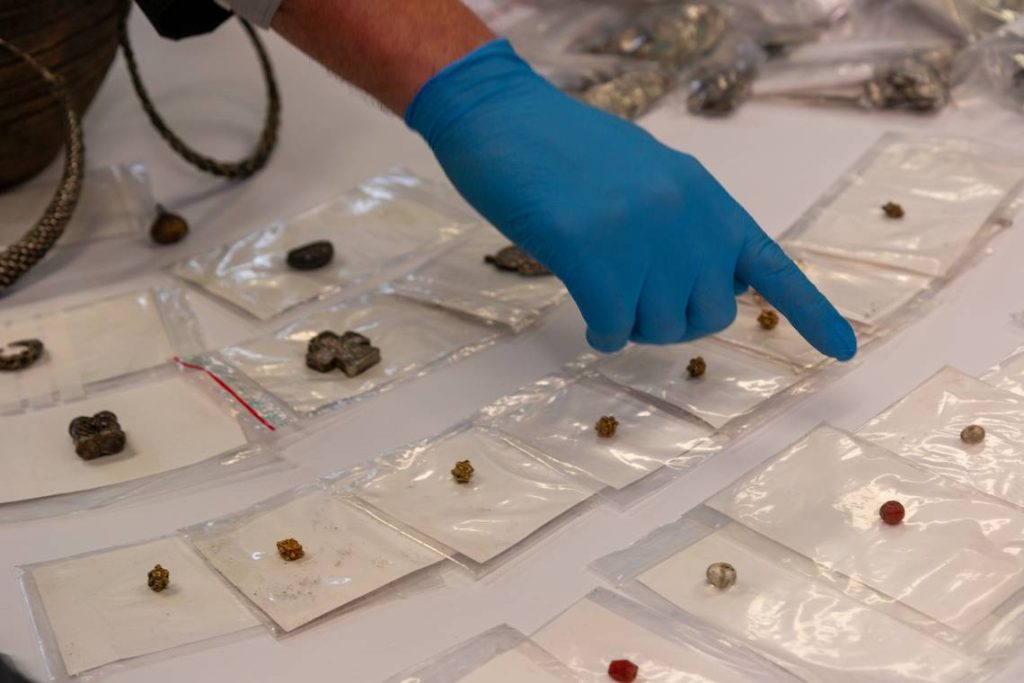
A collection of 6,000 silver coins was unearthed in Rügen, officials said. The find is the largest Slavic coin hoard of the post-war period to date.
The coins were mostly found in a clay pot, but some were spread out nearby. The coins came from a variety of places including western Germany, England, Denmark, Hungary and modern-day Czechia, the release said.
Archaeologists said the variety reflects trade relationships from the 11th century.
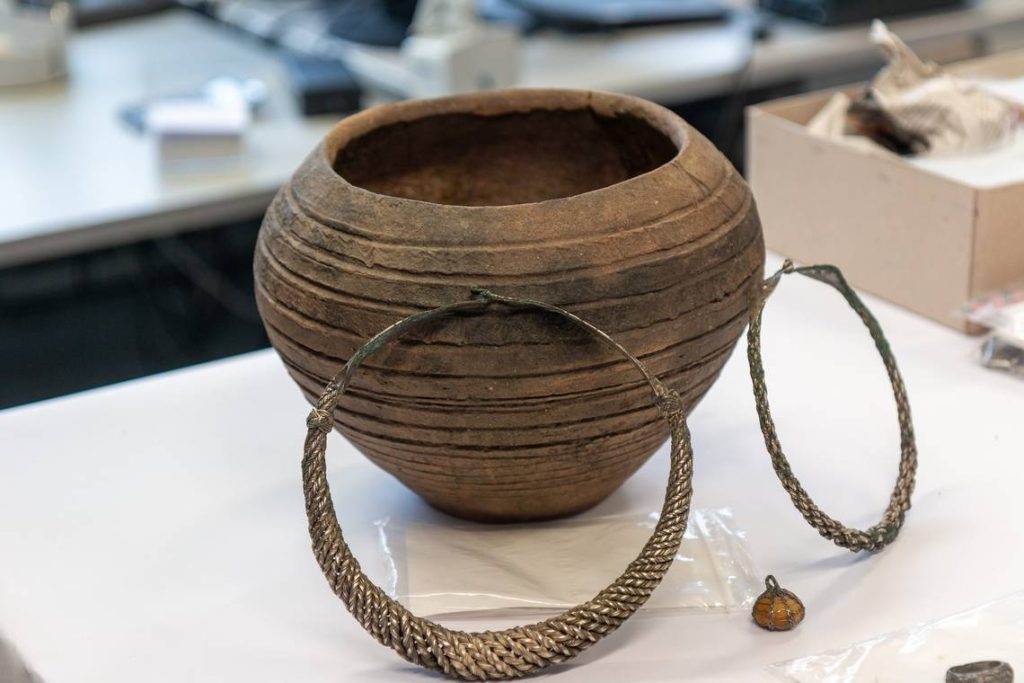
Volunteers in the Mecklenburg Lake District also found 900-year-old reliquary containers used to hold religious items. In a pot with around 1,700 coins were neck and finger rings, a pearl necklace (with gold, rock crystal, and carnelian beads), and two reliquary containers that could be interpreted as evidence of the Christian faith. This, in turn, was unusual in an area that was still largely characterized by different beliefs at the time, it was said.
Mecklenburg-Vorpommern Ministry of Science, Culture, Federal and European Affairs
Cover image: Mecklenburg-Vorpommern Ministry of Science, Culture, Federal and European Affairs – Facebook page

